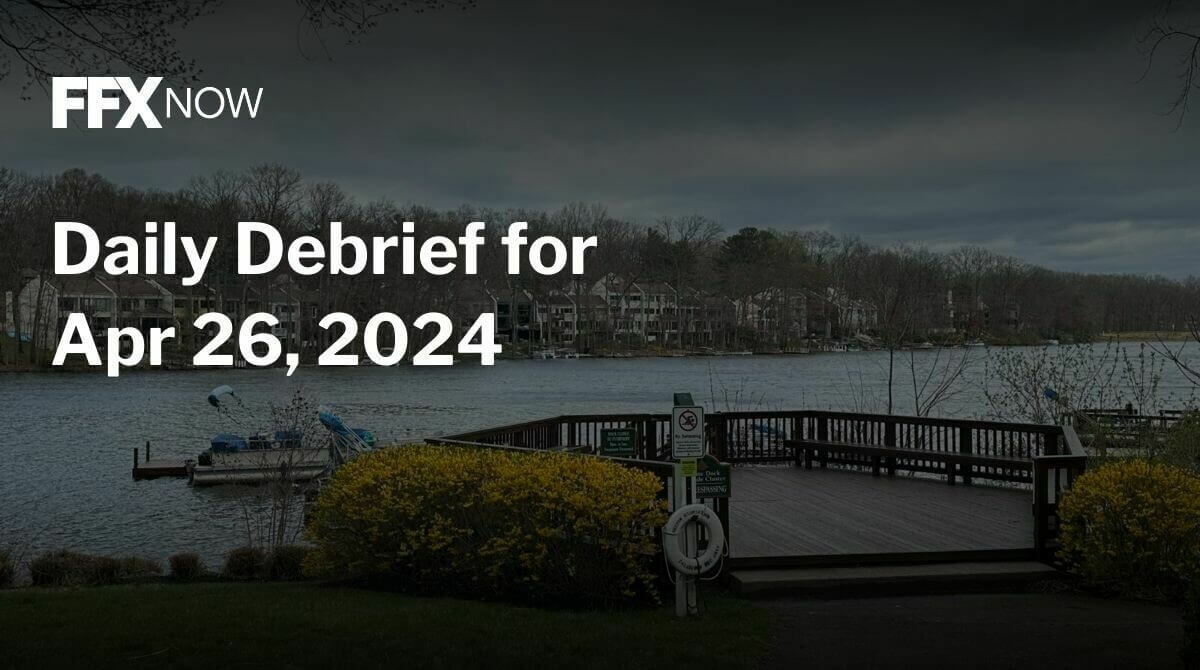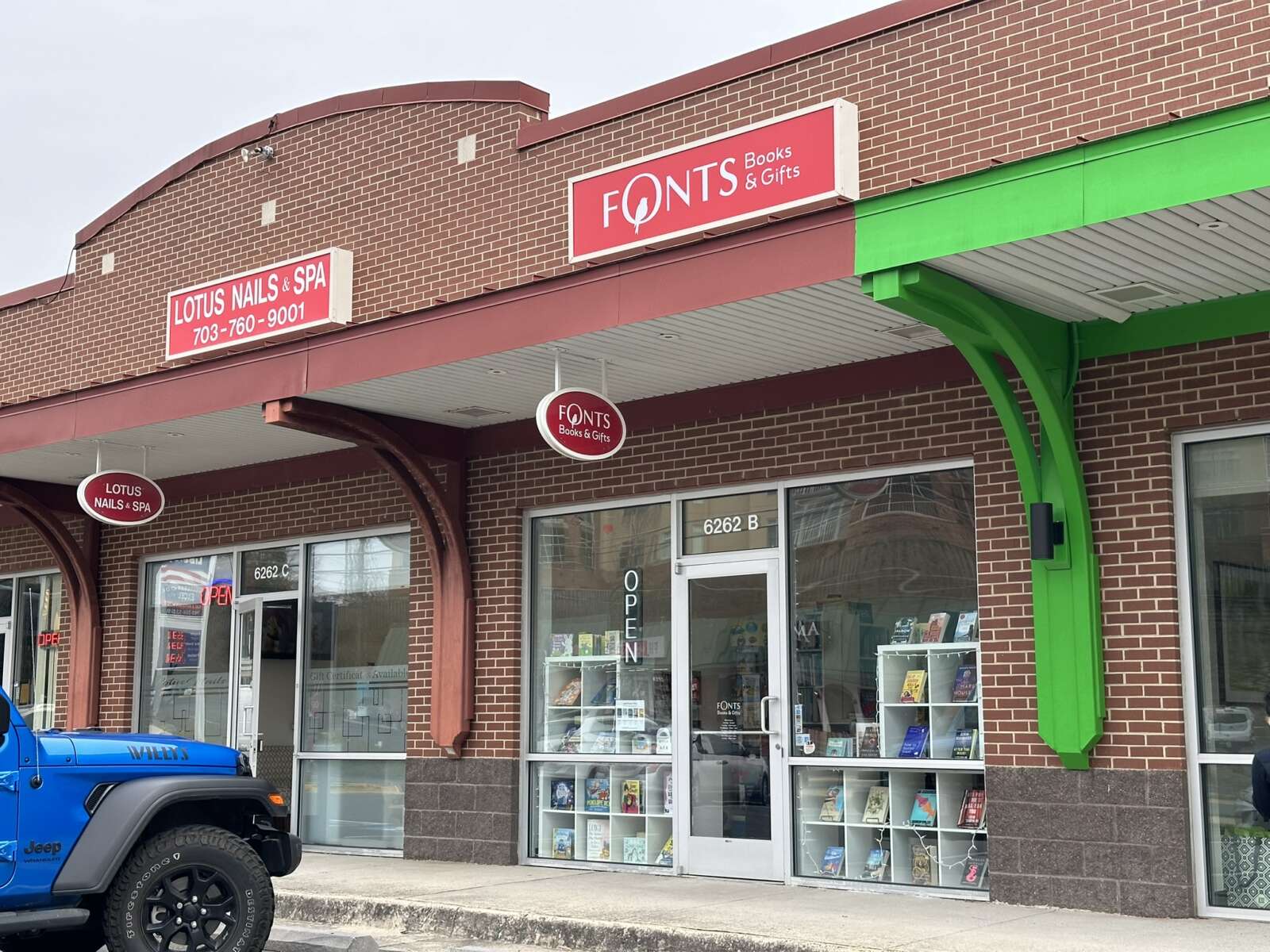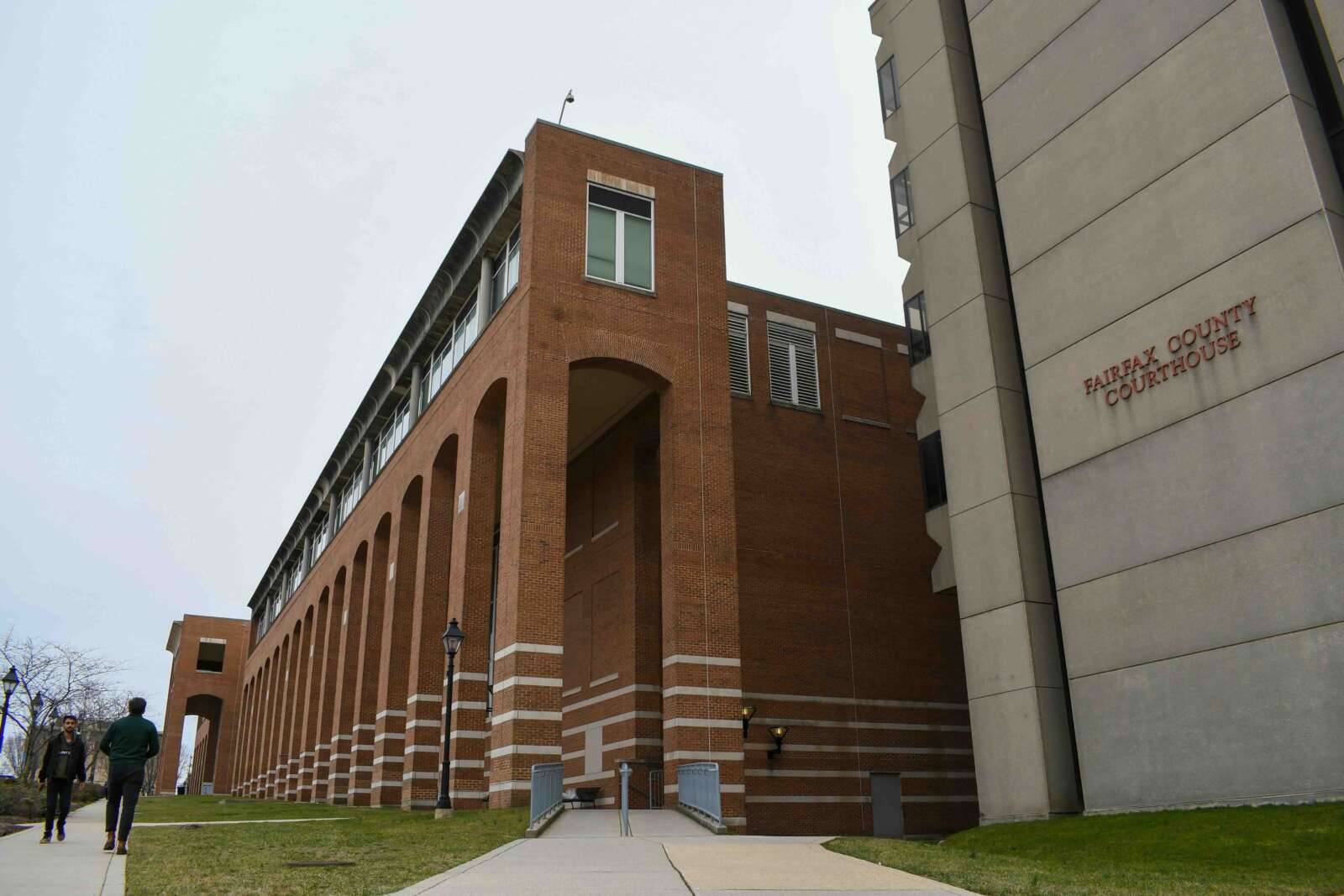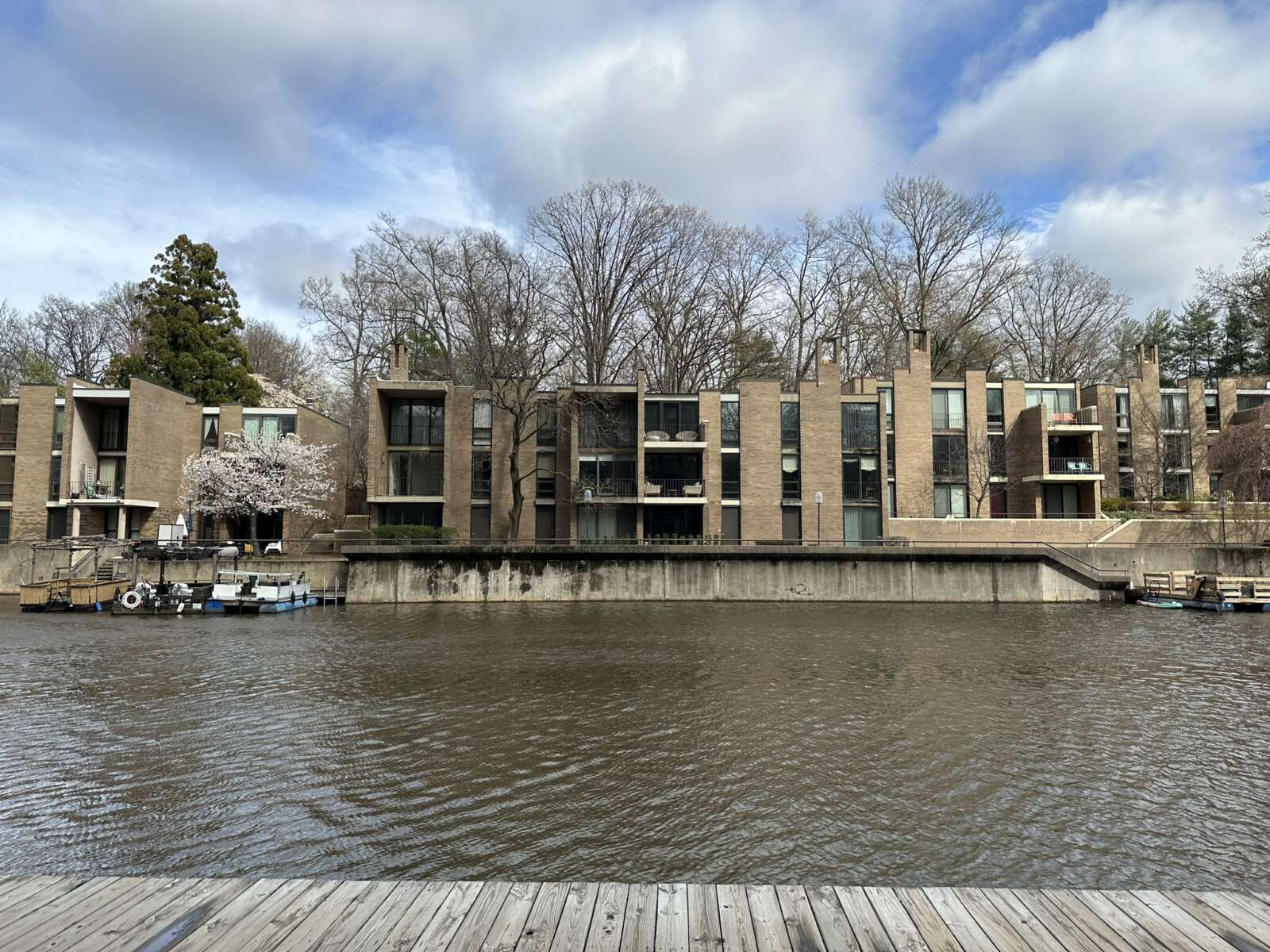
Two Virginia lawmakers are proposing sweeping measures to improve the state’s provision of special education services as criticisms from parents and the federal government over Virginia’s compliance with the Individuals with Disabilities Education Act continue.
Sponsored by Del. Carrie Coyner, R-Chesterfield, and Sen. Barbara Favola, D-Arlington, the proposals would create a statewide system to oversee the development and use of individualized education programs (IEPs) for students with special needs, require more training for educators about how to provide inclusive special education instruction, set up eight regional “special education parent support centers” and provide additional specialists to divisions.
“It’s no secret we are failing our students with disabilities in Virginia,” said Coyner during a Jan. 30 hearing on the legislation.
Federal law requires states to provide all students with disabilities a “free appropriate public education.” Among the requirements of the Individuals with Disabilities Education Act is that schools must offer an IEP and that “every child should have the chance to meet challenging objectives,” according to a 2017 U.S. Supreme Court decision.
“This bill ensures that there is monitoring of this civil rights law at the state level, and it’s very necessary,” said Kandise Lucas, a special education advocate, during a recent House Education subcommittee meeting.
Virginia has almost 181,000 students receiving special education services this school year, an increase of nearly 7,000 students from a year ago. But the state has struggled to meet the demands of students with disabilities.
Virginia has repeatedly been criticized by the federal government for problems with providing special education services. A June 2020 report by the U.S. Office of Special Education Programs determined that Virginia “does not have the procedures and practices that are reasonably designed to enable the state to exercise general supervision over all educational programs for children with disabilities.”
The Virginia Department of Education disputed some of the findings, saying the federal office included “factual inaccuracies.”
However, in a Feb. 17, 2023 letter from OSEP, the office identified “significant new or continued areas of concerns” with how the state was complying with supervision, dispute resolution and confidentiality requirements in IDEA. In particular, it concluded Virginia “does not have procedures and practices that are reasonably designed to ensure a timely resolution process” for complaints and said at least five districts were not adhering to IDEA regulations.
Individual school divisions have also been faulted by federal officials. In November 2022, the U.S. Department of Education’s Office of Civil Rights found Fairfax County Public Schools, Virginia’s largest school district, had failed (link added by FFXnow) to provide thousands of students with disabilities the education they were entitled to receive during the COVID-19 pandemic.
State reviews have also echoed many federal criticisms. In 2020, the Joint Legislative and Audit Review Commission identified major shortcomings in the state’s provision of special education services, including low-quality IEPs, a lack of knowledge among educators about how to effectively support students with disabilities and shortfalls in the Virginia Department of Education’s oversight of local divisions.
Researchers who reviewed 90 randomly selected IEPs found about half lacked goals for academic progress or improved functioning, which are required by federal law. About 37% of parents believed the services outlined in their child’s IEP were only “somewhat” or “not at all appropriate.”
A third of the special education directors interviewed by JLARC said only half or fewer administrators and general education teachers in their division had the knowledge or skills necessary to support students with disabilities. However, researchers pointed out that state regulations only required “minimal” training in special education for administrators.
Overall, the report observed Virginia students with severe, less common or multiple disabilities graduated at a rate lower than those with more common disabilities. Additionally, it found a persistent shortage of special education teachers, with many school divisions relying on underprepared teachers to fill gaps.
A statewide IEP system, additional training and parent support centers
Coyner and Favola pitched their legislation this week as a way to address many of the problems identified by the federal government and JLARC.
“Most of the things that the federal government has hit us with is about compliance, and while compliance must happen, it doesn’t guarantee great instructional practices and that all students are served the best they can be in the commonwealth,” said Coyner, a former Chesterfield School Board member, at a Tuesday hearing.
“At the end of the day, we want our school systems to serve every child,” Favola told a Senate panel Thursday.
While the bills are identical in many respects, the House version of the legislation includes a formal definition of an IEP and more requirements for school boards to provide teachers with training.
A key proposal of both would create a statewide system to oversee the development and use of IEPs for students with special needs. In addition to providing a model for schools to use in crafting IEPs, the system would provide guidance to school boards on how to use them and include data-tracking capabilities.
Amendments to the legislation would allow schools that already have their own version of an IEP tracking and oversight system to opt out of the state system.
The proposal would also require training for educators about how to provide inclusive special education instruction and would task school boards with providing “high-quality professional development in instructional practices” for special education.
Mike Asip, policy and legislative chair for the Virginia Council of Administrators of Special Education, said at a Jan. 30 hearing that “professional development for general ed teachers and administrators is critical to making them a fully informed team about the needs of students with disabilities.”
Public colleges and universities would also be required to instruct aspiring teachers in teaching in inclusive settings, or classrooms that meet the individual needs of students.
“This is a very comprehensive, robust bill that can focus on inclusion and focus on quality education for all of our kids,” said Tonya Milling, executive director of the Arc of Virginia, an advocacy group for people with intellectual and developmental disabilities, at the Jan. 30 hearing.
To increase resources for parents, the legislation would set up eight regional special education parent support centers, staffed with a special parent ombudsman who would systematically track and report questions and concerns raised by parents of special education students to the state.
Additionally, school boards would have to hire at least one full-time special education parent engagement specialist to help parents navigate the referral, evaluation, eligibility and IEP processes.
Both Favola and Coyner are asking for $14.2 million over the next two years to pay for divisions’ special education parent engagement specialists and $8.1 million for the creation of the Virginia IEP system, professional development, teacher coaching and eight additional state ombudsman positions.
Two speakers Thursday said they wished the bill addressed problems with the special education teacher pipeline given the “extraordinary shortage” of teachers and the state’s reliance on provisionally licensed teachers.
Favola acknowledged the bill does not fix the teacher pipeline issue but said there are ways to address those concerns through the regulatory process or by creating incentives.
Sen. Stella Pekarsky, D-Fairfax, who supported the bill, said she too was worried about special education teachers.
“The workload is immense,” Pekarsky said. “The type of issues that they are dealing with are significant. There is significant burnout, people are leaving the profession and we know that our students with IEPs probably need the most highly qualified experienced teachers.”
Agency efforts
Outside of the General Assembly, the Virginia Department of Education this October announced the creation of a workgroup to help develop what it’s calling the “2024 Roadmap for Special Education.” It also is creating a dedicated team that reports directly to the superintendent of public instruction to monitor how school divisions provide special education services and assist them as needed.
Last year, Superintendent of Public Instruction Lisa Coons commissioned Robert Pasternack and Nathan Levenson, two special education experts, to conduct external evaluations of Virginia’s special education programs.
The two experts identified similar issues as the Office of Special Education Programs and offered recommendations, some of which are included in Coyner and Favola’s legislation.
Pasternack’s report concluded the department should “provide much quicker feedback to divisions regarding findings of non-compliance and required corrective action following VDOE monitoring” and should increase its efforts to notify parents of tools available to them, such as mediation and the state’s special education ombudsman
Levenson’s recommendations included setting a higher bar for success for students with disabilities and adopting a “multi-pronged” approach to increasing the role general education plays in serving students with disabilities
Levenson wrote that while VDOE “may feel that they are already working on these recommendations … how they work on them must be refined. Outside third-party support will likely be required to help create a new normal way of helping guide, support, and pressure school systems. These recommendations call for adaptive, large-scale change, not minor tweaks to current practice.”
Photo via Element5 Digital on Unsplash. This article was reported and written by the Virginia Mercury, and has been reprinted under a Creative Commons license.
Recent Stories
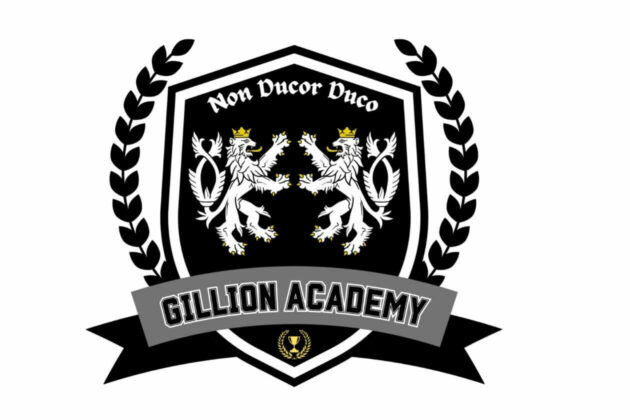
The Gillion Academy’s Home School Basketball Program begins Fall 2024 for 7th – 12th Grade student-athletes to complete their online academic studies in a supervised and focused setting while receiving elite training from our professional basketball trainers at The Gillion Basketball Academy, a state of the art training facility in Springfield, Va. We have developed over 200 college athletes and placed over 50 players in the NBA and pro leagues overseas and provide the same level of training for our student-athletes.
We will have a virtual Open House Zoom on May 6th at 7:30PM so please go to our website to learn more about us and to fill out an interest form and register for the event and learn about the top training facility in the DMV area.
Any questions please email our Director at philip.budwick@gil-lionbasketballacademy.com.
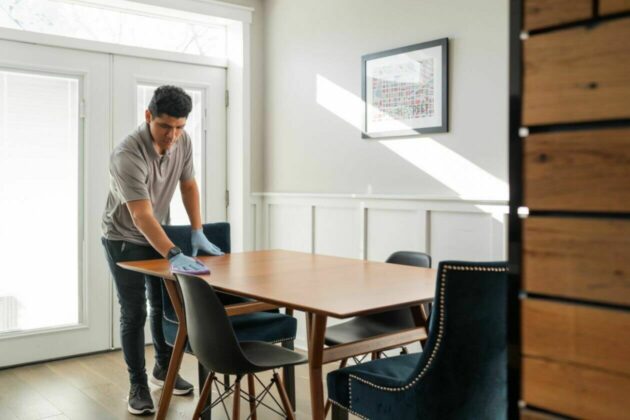
For many remote workers, a messy home is distracting.
You’re getting pulled into meetings, and your unread emails keep ticking up. But you can’t focus because pet hair tumbleweeds keep floating across the floor, your desk has a fine layer of dust and you keep your video off in meetings so no one sees the chaos behind you.
It’s no secret a dirty home is distracting and even adds stress to your life. And who has the energy to clean after work? That’s why it’s smart to enlist the help of professionals, like Well-Paid Maids.
Pedal with Petals Family Bike Ride
Join us on Saturday, May 11th and ride into spring during our Pedal with Petals Family Bike Ride. Back for its second year, Pedal with Petals is going to be bigger than ever. This year’s event will include both an
Encore Creativity for Older Adults at Capital One Hall
Encore Creativity for Older Adults is pleased to raise the curtain and welcome community members to its spring concert at Capital One Hall in Tysons, VA on May 4, 2024. The concert, which starts at 3 PM, will bring hundreds


